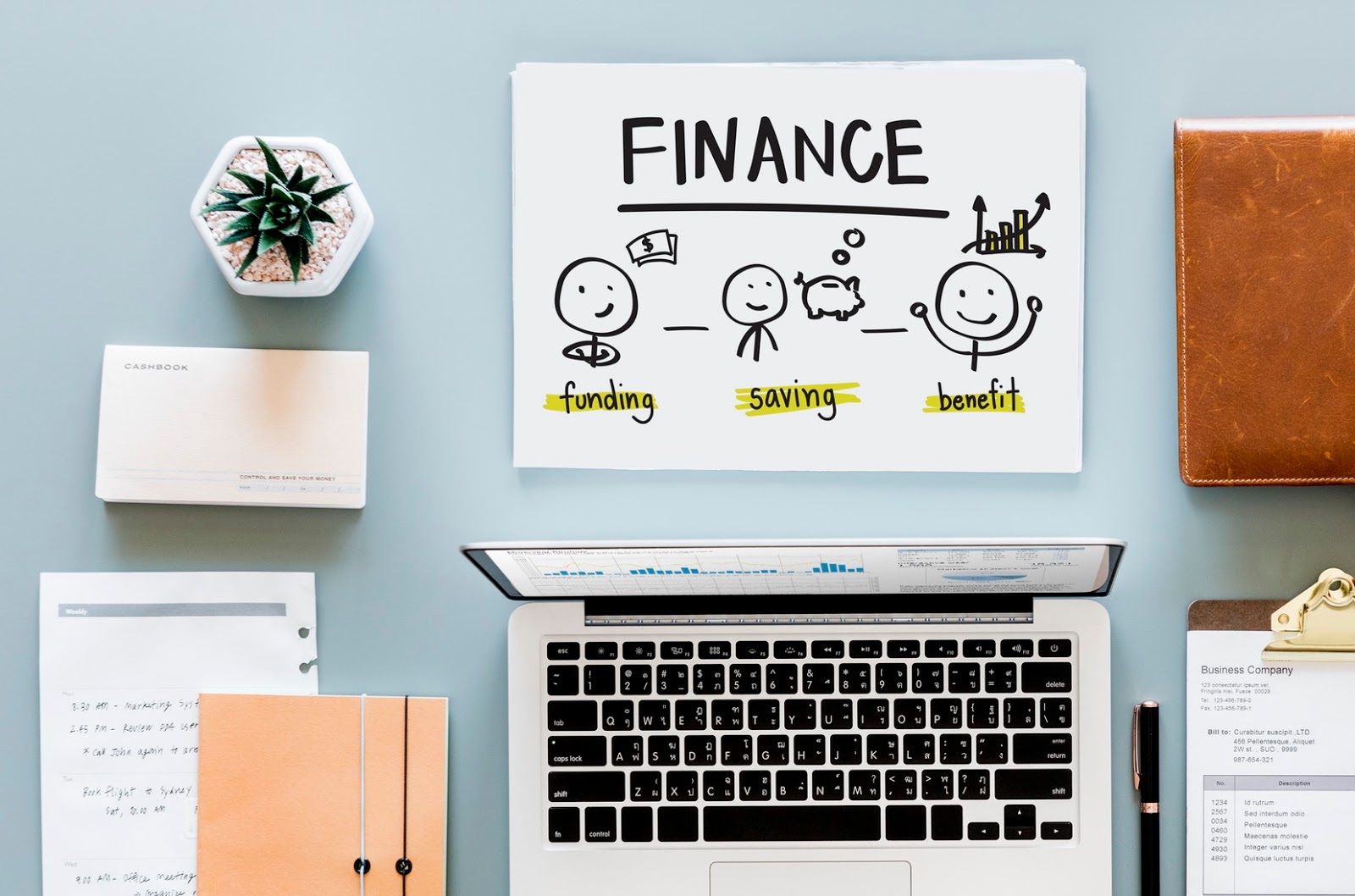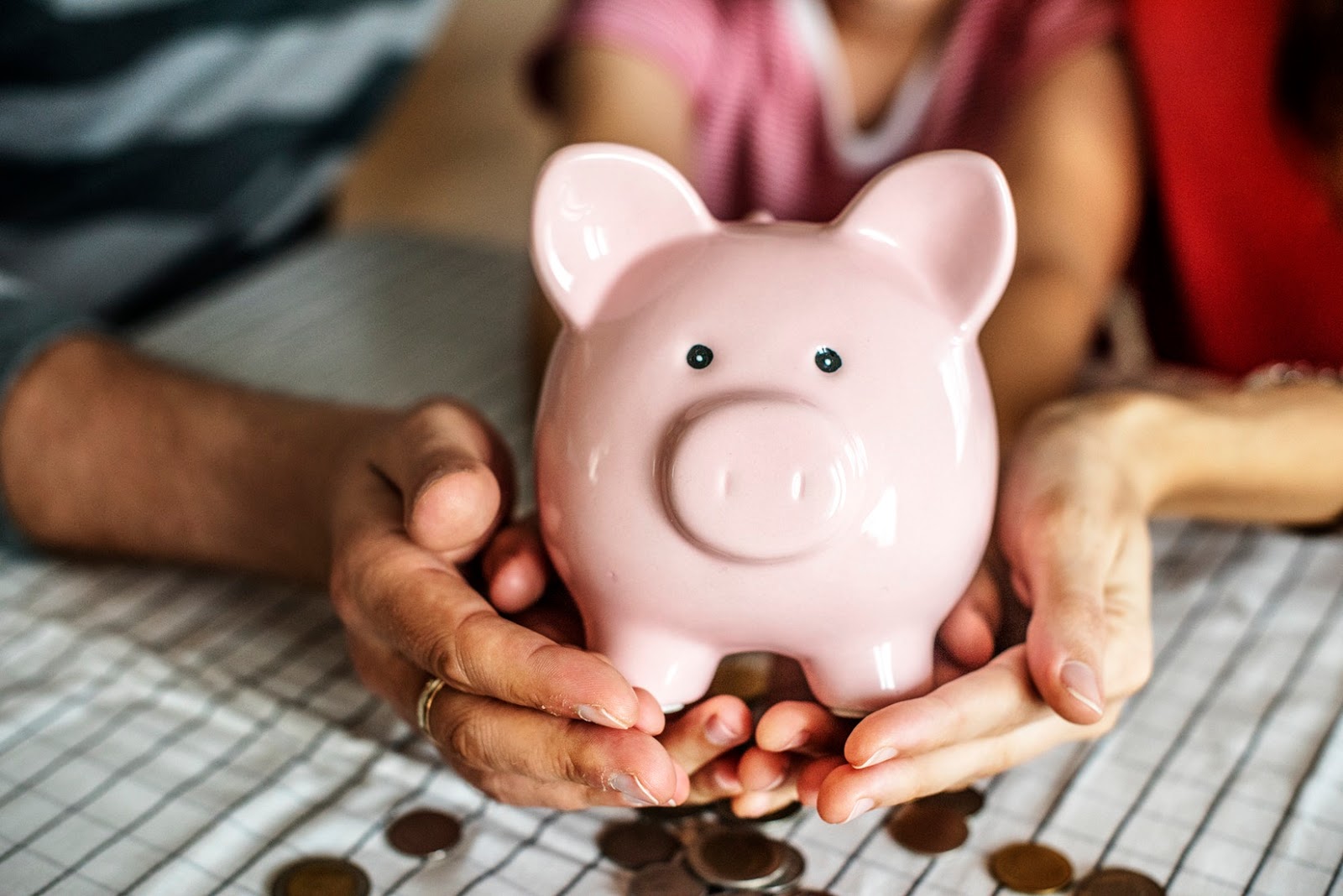Money doesn’t exclusively buy happiness, but it certainly can buy comfort. While it can buy soft sheets and warm houses what I am referring to is financial comfort, not necessarily great wealth. Having control over your finances will not only allow you to plan for a better future, it will also take a good deal of stress out of your life.

Financial Awareness
Far too many people, especially in the hospitality industry, put their financial well-being on the back burner. Whether it be a bartender raking in loads of cash and spending it all the same night or a hard working busser pulling a double just to make ends meet. All of us need to have a better understanding of where our money goes. In order to take control, you have to be aware of your cash flow. Breaking it down to its basic parts will help the entire picture come to into focus.
Cash Flow
The more information you have, the better your grasp will be on your finances. Begin by keeping track of your paychecks, cash tips, training hours worked and every other source of income in detail. A great tool for this is Google Forms and Sheets, which can be used to make all sorts of useful tracking forms and databases. The same goes for the spending side of things; a quick home screen shortcut on your phone and you’re able to enter all your spending on the fly. You can then crunch the data at your leisure - no need to save receipts. There are of course free and paid app options out there but they’re all frills and can lead to data privacy concerns. It’s better to have full control over your data and if you create your own system, you’ll learn more in the long run and keep your finances more secure.
Article: Tracking your Finances
Once you have all this data on where your money is coming from and going to, you can begin to understand your cash flow and start to gain control of your finances.
Budgeting
Understanding where your money comes from and where it is going will be the building blocks for your financial awareness, without this information you won’t make any progress. This is an extensive topic so if you’re ready for this step head over here and prepare for a worthwhile study of yourself.

Saving Your Life
Saving money may be a foreign idea to those of us in the industry, especially ones that have lived paycheck to paycheck for most of their lives. However, even the smallest contributions add up over time and help to build financial confidence and comfort. Make sure you use a bank that actually values your business. A bank should provide you with competitive interest rates and free accounts like Capital One.
The first and most important savings account for everyone to start building is an emergency fund. Most feel that an emergency fund should be three to six months salary. Having an emergency fund can keep you out of a debt spiral during hard times, after losing a job or having a medical emergency. Once you’ve built up an emergency fund then you can create additional savings accounts for other goals, like investments, retirement, vacations or your first home.
My first house...

Investing in Your Future
As you gain more financial control you’ll eventually be ready to start making your money work for you. After you’ve built up a sizable emergency fund, and treat it as such, then it’s time to start thinking about the future. You’ve already started to earn interest in a high-yield savings account but now it’s time to take the next step and learn to invest your surplus. Investing is a complicated topic and no one method is right for everyone, however, it is a tool everyone can utilize. Start out simple, do your own research and don’t fall for those fairy tales saying everyone can turn $50 into one million. A great place to start your journey is Investopedia but there are loads of alternative podcasts and resources out there for beginners.
Debt
A complicated and painful subject but one most of us face throughout our lives. Whether they be school loans, car payments or bad credit card debt, nothing is more detrimental to our financial well-being than bad debt. Debt incurred by furthering your education or buying a home is generally worthwhile and safe. Credit card debt on the other hand can be very detrimental and costly.

Regardless of the source, it is important to prioritize paying off your debt, especially the bad debt. Unless you are truly desperate, never let bills go unpaid, never let credit debt carry over to the next month and always do your best to pay down debt with the highest interest rate first.
Each situation is different but in some cases it can be more beneficial to pay off debt before you start focusing on saving for more than just an emergency fund. For example, say you have a $10,000 debt with 6% interest and you have a fully funded emergency fund. It would be more beneficial to start paying down that debt than putting money in a new savings account that only generates 2% interest. Investopedia has a good example of the math behind that here [https://www.investopedia.com/financial-edge/0212/saving-vs.-paying-off-debt.aspx].
Balance is Key
Like with most things in life, balance is tantamount to happiness. When it comes to finances, being aware and in control is how you achieve balance. Although every detail, every penny, is important to track you can’t let it drive you mad or let it keep you from enjoying your life. Finding financial balance will help you live a better life now and more comfortable life later.
86 COLD HANDS!

